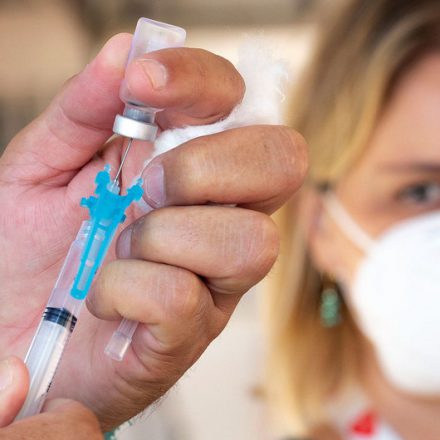In a new review published in Obesity, the flagship journal of The Obesity Society (TOS), medical experts have presented a comprehensive set of nutritional guidelines aimed at patients using anti-obesity medications. These guidelines emphasize the importance of maintaining diet quality and monitoring to prevent deficiencies, underscoring the need for further research on emerging treatments.
Patients using anti-obesity medications often experience decreased appetite, which can lead to lower food intake. Consequently, ensuring the diet remains nutritionally adequate becomes crucial. The review, led by Lisa M. Neff, Executive Director of Global Medical Affairs—Obesity at Eli Lilly and Company, equips clinicians with evidence-based recommendations to support optimal nutritional and medical outcomes for their patients.
The 5A’s Model for Clinical Practice
The review advocates the “5A’s Model” (Ask, Assess, Advise, Agree, Assist) for clinicians working with patients. This model encourages a structured approach:
- Ask for permission to discuss weight loss.
- Assess the patient’s medical history, including psychosocial, dietary, and lifestyle factors, and conduct necessary examinations and tests.
- Advise on treatment options and set realistic expectations.
- Agree on health and weight goals, focusing on dietary and lifestyle changes.
- Assist in overcoming barriers to weight management, considering social determinants of health.
Given that obesity is a chronic condition requiring long-term management, the authors recommend ongoing follow-up care and referrals to specialists like registered dieticians.
Nutritional Recommendations
The review provides specific dietary guidelines for patients on anti-obesity medications, emphasizing balanced intake of energy, protein, carbohydrates, fats, fiber, micronutrients, and fluids:
- Energy Intake: Personalized to individual needs, generally 1,200 to 1,500 kcal/day for women and 1,500 to 1,800 kcal/day for men.
- Protein: More than 60 to 75 g/day or 0.8 to 1.5 g/kg body weight per day, with higher amounts considered individually.
- Carbohydrates: 45% to 65% of energy intake, limiting added sugars to less than 10%.
- Fats: 20% to 35% of energy intake, with less than 10% from saturated fats.
- Fiber: 21–25 g/day for women and 30–38 g/day for men.
- Micronutrients: Focus on potassium, calcium, vitamin D, and other nutrients like iron and vitamin B12.
- Fluids: Greater than 2 to 3 L/day, favoring water and low-calorie beverages.
Regular monitoring is crucial to address gastrointestinal symptoms, mood disorders, and nutrient or fluid intake inadequacies.
Addressing Research Gaps and Future Directions
The authors highlight a significant gap in evidence for nutritional guidelines specific to patients using new anti-obesity medications with high efficacy (15% or more weight reduction). Further research is essential to fill this void.
Jessica Alvarez, PhD, RD, of Emory University, who was not involved in the study, emphasizes the importance of a thorough nutritional assessment for these patients. She advocates for detailed dietary guidance to ensure optimal diet quality, prevent nutrient deficiencies, and avoid excessive muscle loss.
The review, based on extensive literature and expert consensus, calls for rigorous clinical research to establish tailored dietary recommendations for individuals on anti-obesity medications.
Conclusion
This review represents a critical step towards optimizing nutritional strategies for patients on anti-obesity medications. By following these evidence-based guidelines, clinicians can better support their patients’ health outcomes, while ongoing research will continue to refine these recommendations.
Reference: “Nutritional considerations with antiobesity medications” by Jaime P. Almandoz et al., Obesity, 10 June 2024, DOI: 10.1002/oby.24067.
Funding and Conflicts of Interest: The study was funded by Eli Lilly and Company, with writing assistance provided by Syneos Health, also supported by Eli Lilly and Company. The authors have declared multiple conflicts of interest; refer to the review for detailed information.












